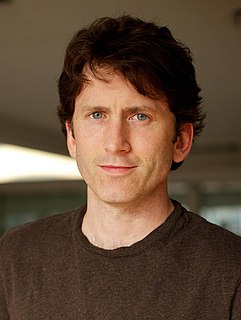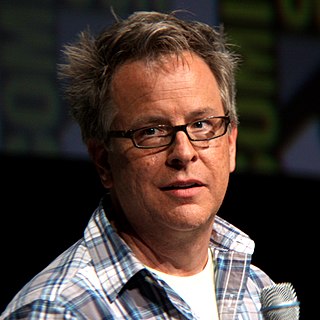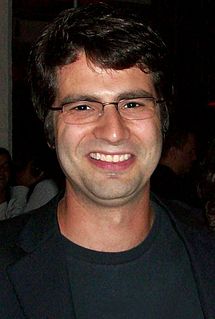A Quote by Tom Chatfield
I spoke at TED Global 2010 about the ways that video games engage the brain, and in particular, the idea of reward structures: how a challenge or task can be broken down and presented to make it as engaging as possible.
Related Quotes
For us, it's about having the game react to the player as much as possible. There's ways you can do that with technology, graphics, AI - we're doing some VR stuff right now - and so it's what we think is great about not just our games, but what's great about video games - how are they better than any other form of entertainment?
I believe that if we don't make moves to get people who don't play games to understand them, then the position of video games in society will never improve. Society's image of games will remain largely negative, including that stuff about playing games all the time badly damaging you or rotting your brain or whatever.
Dr. Leonard Shlain, chairman of laparoscopic surgery at California Pacific Medical Center, said they took some four and five year-olds and gave them video games and asked them to figure out how to play them without instructions. Then they watched their brain activity with real-time monitors. At first, when they were figuring out the games, he said, the whole brain lit up. But by the time they knew how to play the games, the brain went dark, except for one little point.
Experiments on split-brain patients reveal how readily the left brain interpreter can make up stories and beliefs. In one experiment, for example, when the word walk was presented only to the right side of a patient's brain, he got up and started walking. When he was asked why he did this, the left brain (where language is stored and where the word walk was not presented) quickly created a reason for the action: I wanted to go get a Coke.



































